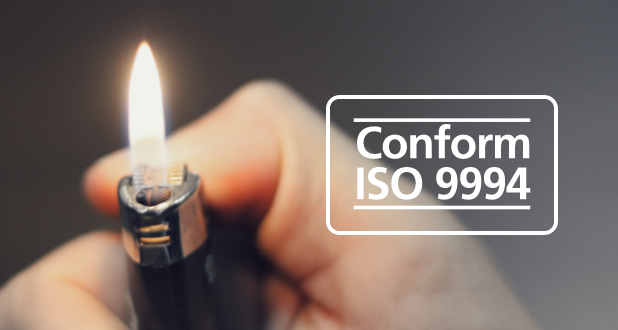
WHAT IS THE ISO 9994 STANDARD ?
It is an international standard that establishes requirements for lighters to ensure a reasonable degree of safety for normal use or reasonably foreseeable misuse of lighters by users.
As lighters are flame-producing devices, the safety specification given in this International Standard is intended to reduce potential hazards to users.
Lighters that do not comply with ISO 9994 safety standard are presumed unsafe and as such present a risk for the users.
All BIC® lighters meet or exceed the requirements of the ISO 9994 safety standard.
HIGH-STANDARD MANUFACTURING
Consumers expose their lighters to a wide variety of situations and temperature extremes. Low-quality lighters will experience several types of failures under these conditions.
That’s why BIC® manufactures its lighters to a much higher standard, to withstand more severe conditions than the standard requirements.
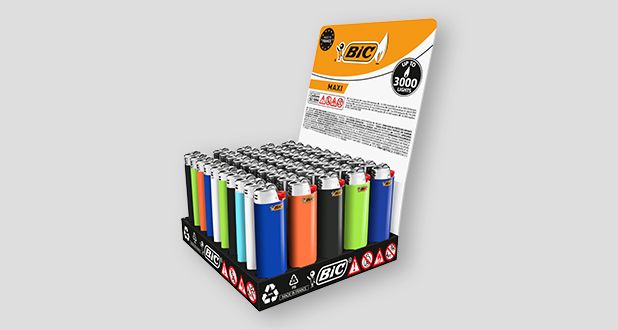
THE KEY REQUIREMENTS OF THE ISO 9994
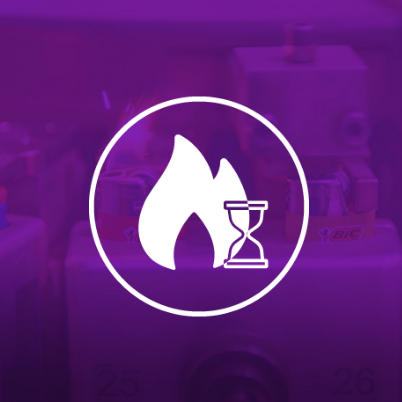
FLAME EXTINGUISHING TIME
After a user removes their finger from the lighter, there should not be any exposed flame within 2 seconds, and any flame that might continue below the hood or windscreen should fully extinguish within another 2 seconds.
*All BIC® lighters extinguish in less than half a second.
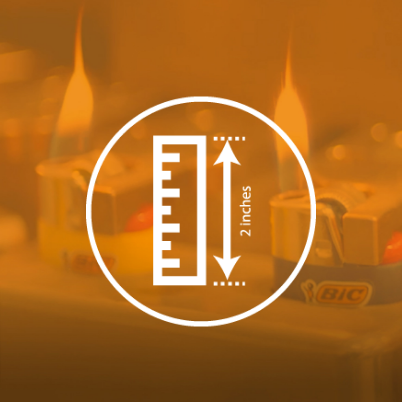
FLAME HEIGHT
Flame height should not exceed 120mm for adjustable flame and < 50mm for non-adjustable flame
* BIC® lighters have a consistent flame that are well within safety standards.
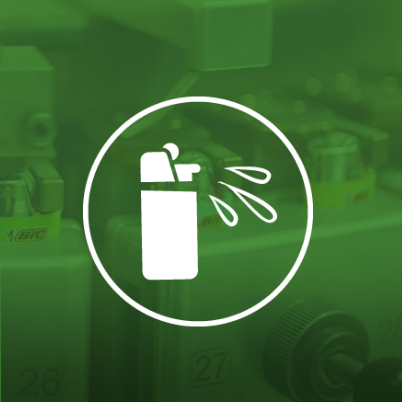
SPITTING AND SPUTTERING
The lighter should ensure flame stability with no spitting or sputtering
* BIC®’s fixed flame lighter design does not create spitting or sputtering.
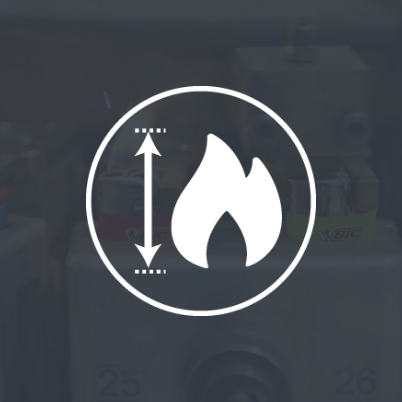
FLARING
There should be no greater than 50mm of variation in flame height from the steady state flame condition.
In other words, the flame should not flare up unexpectedly to a greater height.
* BIC®’s fixed flame lighter design does not create flaring.
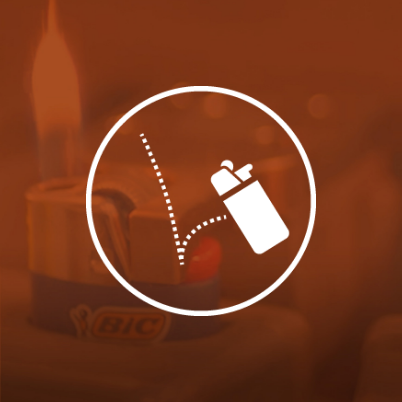
DROP TEST
Every lighter should be able to withstand three separate drops from a height of 1.5 metres without fuel reservoir fragmentation, sustained self-ignition or gas escape (leakage) exceeding 15 milligrams per minute.
* All BIC® lighters meet these requirements.
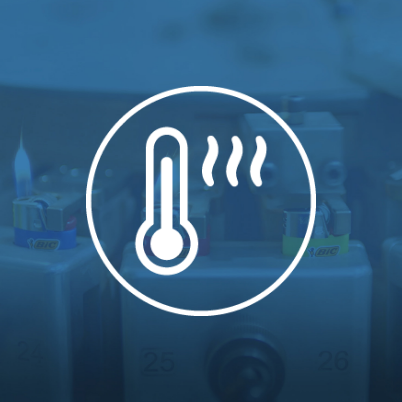
VOLUMETRIC DISPLACEMENT
Liquid portion of fuel should not exceed 85% of the fuel reservoir capacity, to allow for some expansion within the body of the lighter in hotter weather conditions (as one example).
* BIC®’s automated manufacturing process ensures the fuel doesn’t exceed 85% of the fuel reservoir capacity.
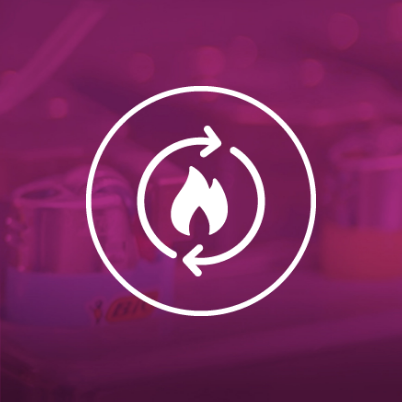
RESISTANCE TO CONTINUOUS BURN
If a lighter is lit for two minutes or more, the highest flame height should be 50mm if held vertically, without any issues of components continuing to burn, or the valve rupturing / coming apart.
* All BIC® lighters meet these requirements.
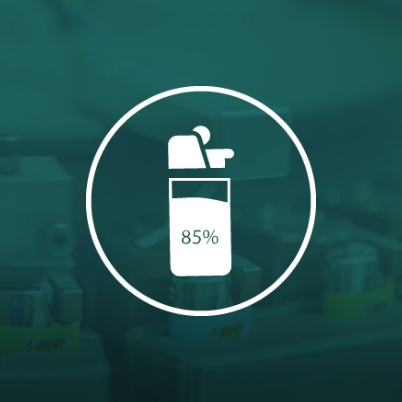
RESISTANCE TO HIGH TEMPERATURE
Every lighter should be able to withstand 65°C for 4 hours without gas escape (leakage) exceeding 15 milligrams per minute.
* All BIC® lighters meet these requirements.
WHAT GOES INTO A BIC® LIGHTER?

BIC® COMMITS TO LIGHTERS SAFETY
Since introducing its first lighter in 1973, BIC® has made a continuous commitment to the quality and safety of its lighters.

Since introducing its first lighter more than 45 years ago, BIC® has made a continuous commitment to the quality and safety of its lighters.
A lighter is basically pressurized gas in a reservoir that is lit by a flame. If not designed
and manufactured properly, it can present a very real danger to everyone.
Though, more than 2/3 of lighter models do not meet European safety standards.
All lighters are not created equal and it is important to be aware of what makes a safe lighter.
For this reason, BIC® has made, and will continue, to make your safety, its absolute priority.

#2 - OUR COMMITMENTS
BIC® has made and will continue to make your safety, its highest priority.
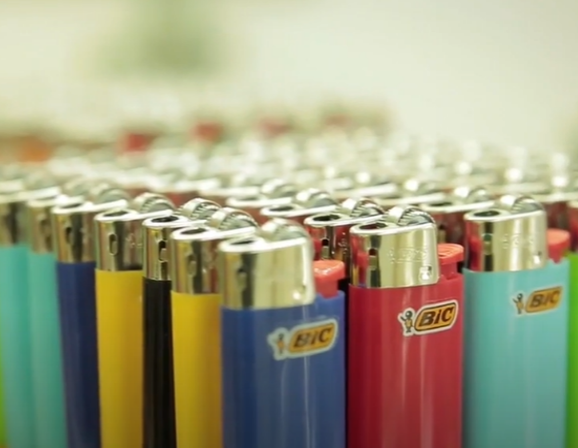
COMMITMENT 1
All BIC® pocket lighters meet or exceed the ISO 9994 European safety standards
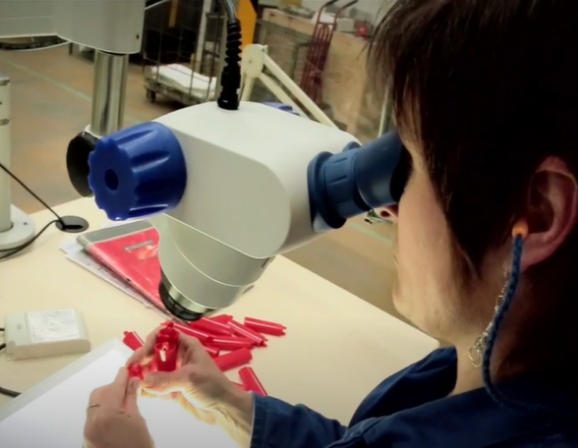
COMMITMENT 2
Each BIC® lighter undergoes more than 50 quality checks.
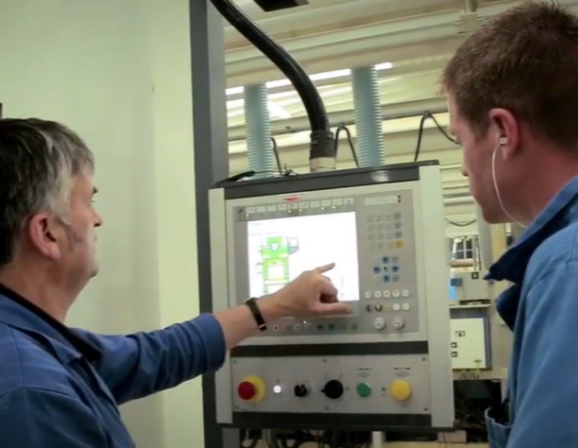
COMMITMENT 3
BIC® guarantees an integrated production process in its European factories
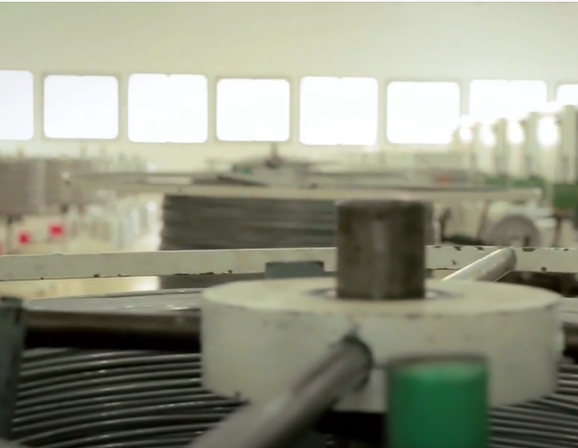
COMMITMENT 4
BIC® puts safety at the heart of continuous research and development

COMMITMENT 5
BIC® collaborators in plants spend 25% of their time in quality controls
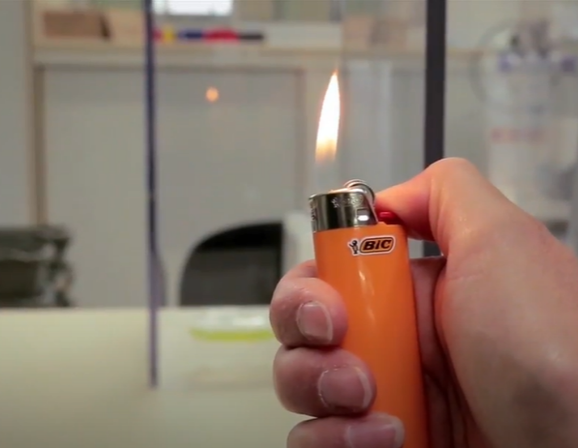
COMMITMENT 6
BIC® is an active member of associations for lighters safety
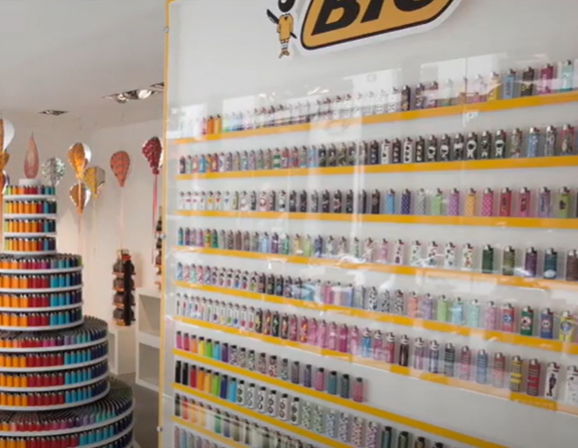
COMMITMENT 7
BIC® has been committed to sustainable, long-term safety programs for over 30 years

